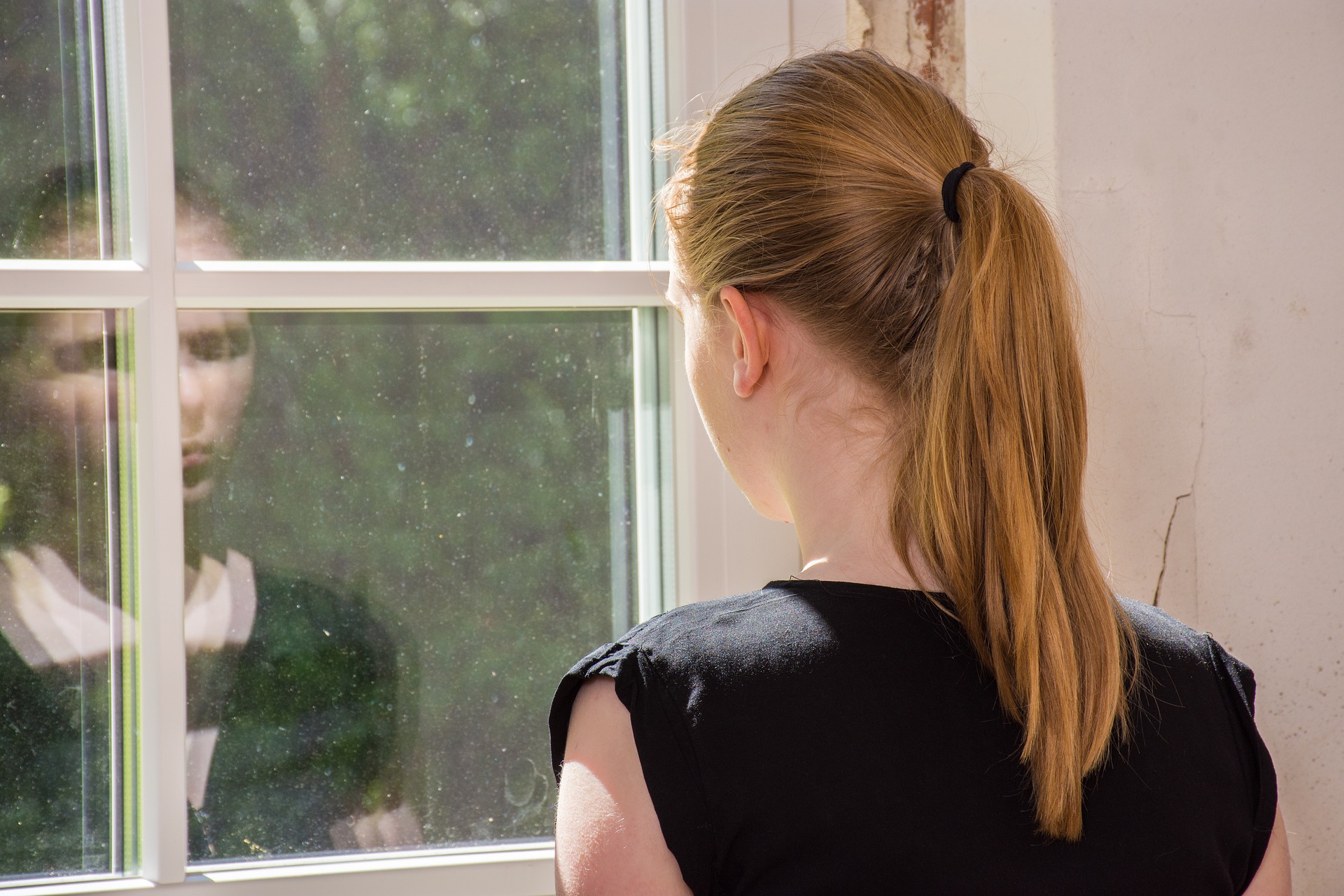Relapse happens when a person who has overcome addiction uses drugs again. This can be a one time thing, or last for days, weeks, and even years.
10 Signs of Relapse To Look Out For
According to the NIDA, “Relapse rates for addiction resemble those of other chronic diseases such as diabetes, hypertension, and asthma.” A good treatment program can help prevent relapse, but it is important for friends and family members to look for the signs that their loved one may be using drugs again, especially after the program has ended.
Treatment can help you prevent or overcome relapse. Call 800-934-1582(Sponsored) toll free anytime for help finding treatment.
1. Depression
Depression is a common symptom that many individuals struggle with during all points of their recovery. It is important for friends and family members to recognize when their loved one is showing signs of depression and to make sure they are treated accordingly, or relapse may occur.
2. Drug-Induced Behavior
If you start to recognize that your loved one has begun to act the way they did when they were on drugs, there is a strong possibility that they have relapsed. Some individuals may seem sedated while others may become manic or euphoric.
3. Finding Drug Paraphernalia
Someone who has gone through addiction treatment and is currently in recovery must get rid of anything that reminds them of their desire to use. However, if you stumble across some type of paraphernalia in the individual’s home or room, it is likely that they are using again. According to the DOI, some of these items may include:
- Needles
- Spoons
- Rubber tubing
- Eyedroppers
- Pipes
- Bongs
- Cigarette papers
- Pill bottles
- Burnt matches
4. Failure to Attend Aftercare Program
In many cases, a rehab center will help the individual get set up with an aftercare program once treatment has finished. This may include a 12-step group, individualized drug counseling, or another type of program. If you notice that your loved one has begun to avoid their meeting times or refuses to go altogether, this could be a possible sign of relapse.
5. Secretive Behavior
Most friends and family members of addicts will recognize the signs of secretive behavior: the individual will refuse to tell their loved ones where they are going, whom they will be with, and other details of their life. You may catch the individual in an outright lie as well, which can be a very clear sign that they are using again.
6. Need for Money
If a person undergoes relapse, they will need money to continue taking drugs. They may ask for it constantly, saying it is for other things involved in their recovery, or they may even try to steal it.
We can help you find treatment. Call 800-934-1582(Sponsored) toll free anytime.
7. New/Old Friends
Noticing that your loved one is spending time around individuals they used to abuse drugs with (or completely new friends not associated with their recovery) is not a favorable sign.
8. Withdrawal Symptoms
If the individual suddenly goes through withdrawal again for no reason, they have relapsed and will need additional treatment.
9. Lack of Responsibility
When someone who is going through early recovery begins to avoid their responsibilities (whether they involve school, work, or family), this could be a dangerous sign of relapse.
10. Stress
Stress can lead to relapse, so it is important for you to reach out to a loved one who shows signs of stress. Ask if they need to talk or inquire as to why they feel so anxious. Just listening could help prevent the possibility of relapse in this case.
We can help you find treatment. Call 800-934-1582(Sponsored) toll free anytime.
the Take-Away

